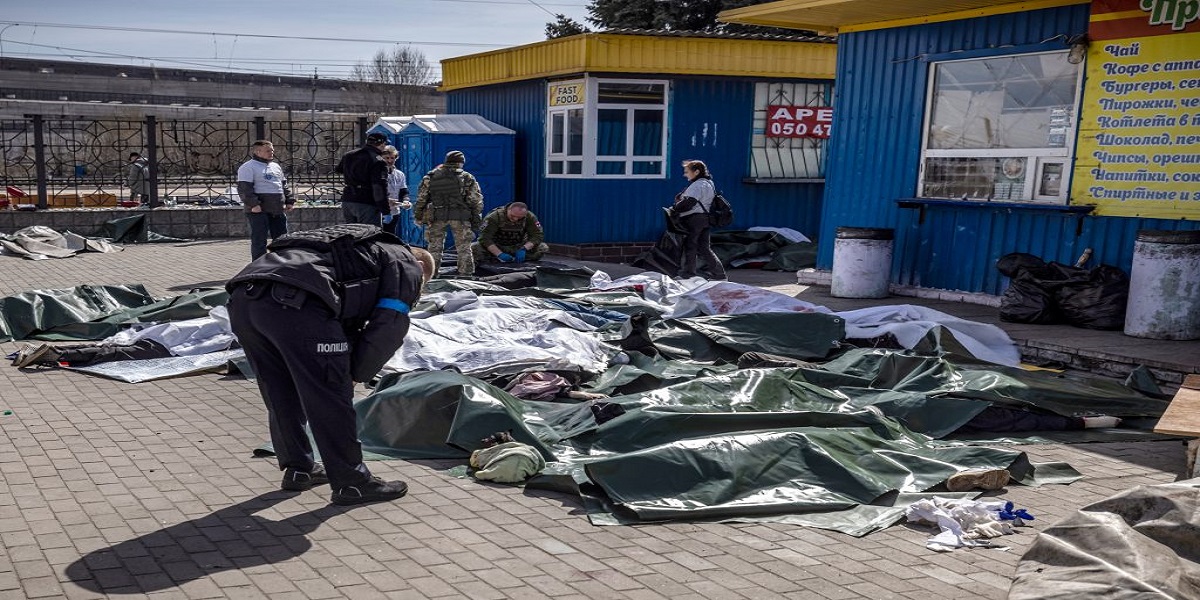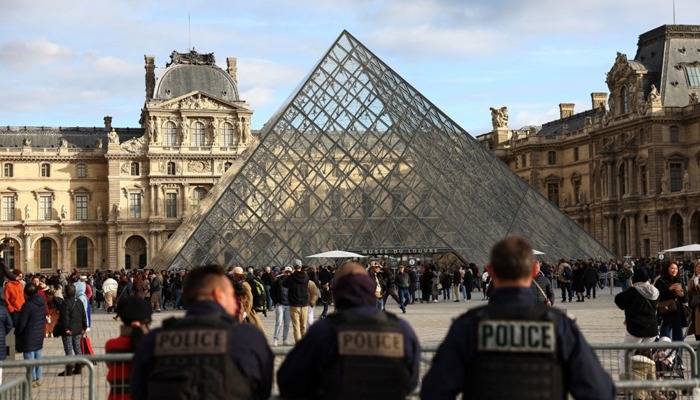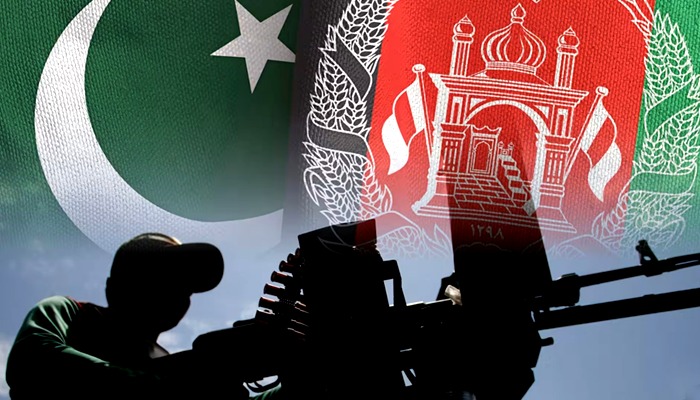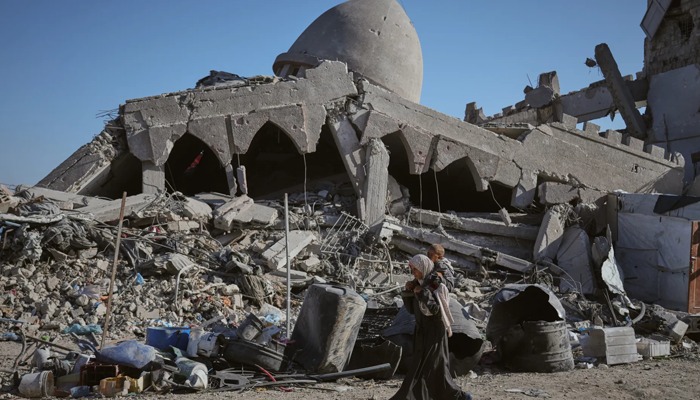On Friday, a missile hit a railway station in Kramatorsk, killing over 50 people and injuring many more. A day after the incident, individuals are still trying to pick up the debris.
They’re still exploring the wreckage at Krematorsk. The deceased were quickly taken from the scene of a missile hit on Friday, but dried blood and human bones remain 24 hours later. The unclaimed travel bags of the dead have been piled at an empty ticket office.
Sergei, a Ukrainian Army volunteer, was still searching among the smashed automobiles outside the station. One had a burned child’s corpse. Sergei is accustomed. He’s been retrieving the bodies of fallen Ukrainian soldiers. On Friday, he had to retrieve the bodies of unarmed people, the war’s innocents. He believes Russia is to responsible for the strike that killed over 50 people and wounded many more.
Seeing moms mourn their children lost in the bombing certainly affected Sergei.
“You can’t control your emotions when our future, Ukraine’s future, is slaughtered,” he adds. This is genocide.
“You just don’t comprehend why they did it. For what?”
At 10:30 a.m., a missile hit Kramatorsk station, killing thousands. Waiting for a train to carry them west, safely. Civilians were advised to evacuate as Russia escalated its onslaught in the Donbas. Russian warplanes, artillery, and missiles have attacked Kramatorsk and other eastern Ukrainian cities.
Russia has denied responsibility for the strike. And it wasn’t their rocket. What transpired is still unclear.
The state railway claims two missiles hit the station. The harm is clearly widespread. A Ukrainian air defence system may have shot down one of the rockets.
On Saturday, investigators were analysing the wreckage of a Tochka missile that fell nearby. The case is still intact. “For the Children” is inscribed in white paint. Was it a kind of vengeance? If so, why?
Witnesses report many explosions, raising the issue of whether the missile or missiles included cluster bombs. They’re meant to kill and maim large areas.
The numerous injured were being treated in Kramatorsk hospital day and night.
Six individuals perished before surgeon Victor Borisovich could operate. Two more died following surgery, one a kid. Damage that threatened Victor’s life included “amputations, leg and foot tearing, stomach wounds, and brain injuries.” He assures me that Russia was to blame for the injuries and fatalities.
“I can’t conceive someone would decide to shoot a missile into a crowd of civilians,” he adds. “It’s absolutely inexplicable.”
When we arrived, a few patients were being placed into ambulances for surgery in Dnipro, farther west. They still had shrapnel imbedded in them. Some were definitely shaken. One woman stated she felt lucky to be alive. She described it.
“Lots of explosions. I fell, tried running, but others were shouting “Get down,” so I fell again.”
When she awoke, she realised many were dead. “God saved me.”
Few of those we spoke with were ready to name their attackers. One woman blamed Russia, but she also said the target may have been a military train. When we arrived a few hours later, there was no sign of it.
It’s conceivable the goal wasn’t the train-waiting public. It’s estimated that a Tochka missile (SS-21 Scarab) can miss its target by up to 30m.
Even still, whomever fired the missile knew many people may be at danger. But if the missile was aimed to murder unarmed civilians waiting for trains, it would be a war crime.



















